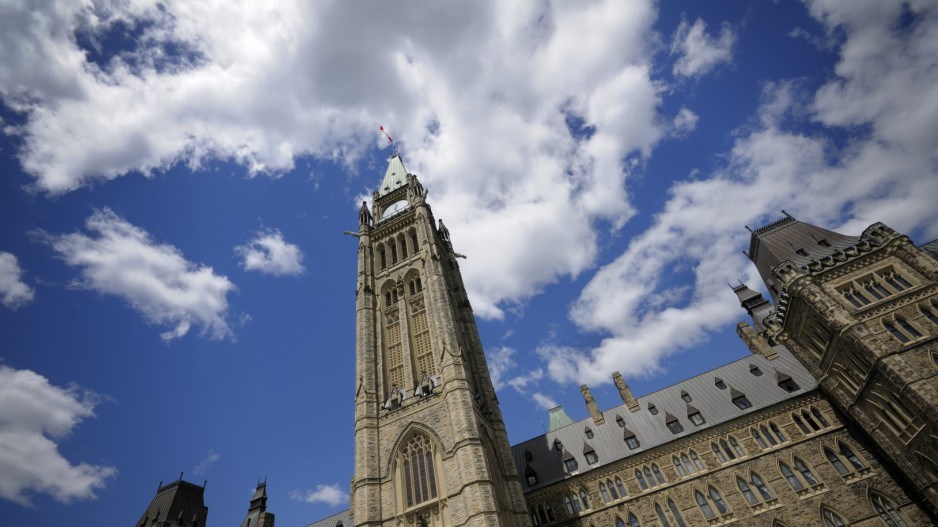In my experience – and I’ve had some – there are two reasons why governments refuse to disclose information.
1. They’ve messed up and don’t want you to know.
2. They don’t want you to know they’ve messed up.
Which is why in principle – but, in my experience, not necessarily in practice – we have laws proclaiming our right to know. The federal Access to Information Act and the provincial Freedom of Information and Protection of Privacy Act were created as fundamental elements of democracy to promote transparency and build trust between governments and the public.
It is an understatement to say it hasn’t worked out well.
Much more effort and many more resources are applied to shield information than to impart it from government records. This isn’t a particularly partisan criticism, because governments of all stripes have talked big and walked small in the four decades we’ve had these laws. The overall tone is that information belongs to the government, not to the people it ought to serve.
Last week was a big week on the information-freedom frontier, for better and worse.
The country’s largest newspaper, The Globe and Mail, unfurled the most ambitious journalism project yet to shed light on how light isn’t shed. Far be it from me to suggest you go somewhere other than here to read, but I’ll make an exception in order to open eyes to know what we don’t know. Its Secret Canada project involved, in part, a massive database of government responses to requests for information and a rich file of stories about the systemic defensive and obtrusive culture of governments in thwarting legitimate requests for information under the laws of the land.
I have to admit fatigue in this field. Over the decades I’ve filed more than 3,000 requests – for a time I filed one each day – and newsrooms I’ve managed have filed multiples of that. But the failures and foolish gamesmanship one needs to play can tax the spirit and breed cynicism. The Globe’s project has refuelled my radicalism, so I’m going to renew my attention. We’ll see how it goes.
Another reason I feel bound to jump back into the fray was last week’s report from the Standing Committee on Access to Information, Privacy and Ethics. Its work could have been an important step in improving a faltering system.
Its recommendations focused on six significant areas: access to information in immigration matters, Indigenous Peoples’ access to information, access for victims of abuse in the military, whistleblower protection, and access to historical documents. From there it looked at measures to improve the law and government culture, the powers of the federal Information Commissioner. In total, it made 38 recommendations.
I was among those who testified to the committee, in the same session as the former clerk of the Privy Council Michael Wernick. The line of questioning was quite solid and our points and those of the other witnesses are smartly summarized in the 101-page report.
The committee operates inside a minority government, so it’s relevant to know most of its members are not among the governing Liberals. Which ought to offer a clue to how effective its prescriptions stand to be, which is to say not terribly much.
A two-page “dissenting report” from the Liberal MPs on the committee – the ones with the clout – thoroughly dismisses the hundreds of hours of hearings, preparation for them by witnesses, and creation of the report.
To be fair, it acknowledges the system “is not good enough” and that many of the proposals would help improve the law. In reverting to form as the governing party, the two-pager spends most of its time self-congratulating and cherry-picking among the recommendations to defend its practices – or as it puts it, “explain some of those challenges” in what are “well-intentioned, but unworkable” proposals.
It couldn’t help in this bi-partisan atmosphere of minority government committees to use the opportunity to accuse the Conservative MPs on the committee as “posturing” on the recommendation that certain cabinet confidences be subjected to disclosure. “Don’t expect to see it in their platform anytime soon,” they write.
But, in being the government with the last say on all of this, it argues its priority is to improve the existing act, not to re-open it. And it promises “more details to share within a year.”
Gee, thanks.
Kirk LaPointe is publisher and executive editor of BIV and vice-president, editorial, of Glacier Media.




